10 things you should never buy secondhand
There’s a lot to be said for bargain hunting. There are many great items to buy used, including furniture, cars, clothing and even workout equipment. But sometimes it just goes way too far.
Some people even buy other people’s old shoes. As MarketWatch columnist Quentin Fottrell wrote last year: “My favorite used item to wear? Broken-in, second-hand kicks, one of the priciest items in most wardrobes, but taboo even for some thrift store aficionados.”
Here are 10 things you should never buy secondhand:
Baby cribs and car seats
They can be pricey, but experts recommend buying new baby cribs and car seats, because it’s hard to verify the safety of ones that are hand-me-downs. “You usually can’t be 100% sure of a secondhand car seat’s history, including whether it has been involved in a crash, its expiration date as set by the manufacturer, and its recall status,” Consumer Reports wrote.
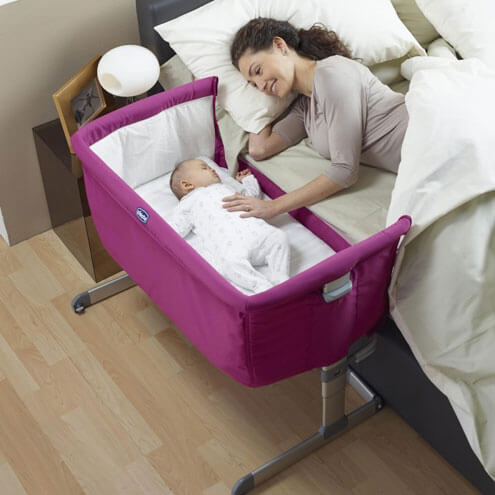
The same concept applies to baby cribs. The U.S. changed federal rules on how baby cribs must be manufactured in 2010, and they took effect in 2011. So any cribs from before then may not meet official safety standards.
Helmets
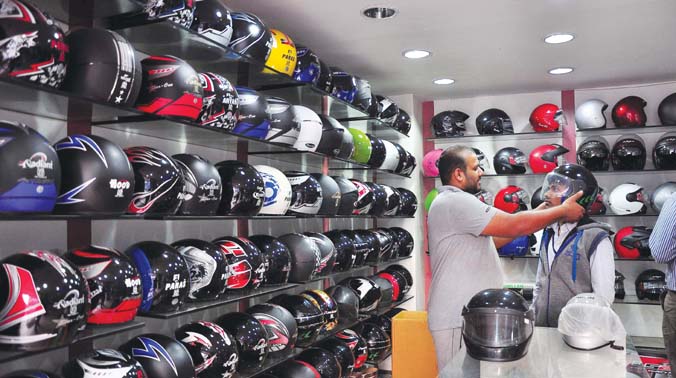
Helmets also present safety issues if they are used. They may have undetectable damage from a previous crash. When buying a helmet, you should look for a Department of Transportation sticker, or one from the Snell Memorial Foundation, which both run tests for helmet safety, according to the Department of Motor Vehicles. A used helmet may not have those stickers intact.
Makeup

If you’ve grown accustomed to testing out all the sample makeup at cosmetics stores like Sephora, is the next natural step … buying used makeup? That’s pretty gross actually, according to an article in Allure. “Used makeup can be contaminated with bacteria, fungus, or other microorganisms which can put you at risk for dangerous infections and potentially other adverse effects as a result of these infections,” Sejal Shah, a dermatologist in New York, told the magazine.
Mattresses
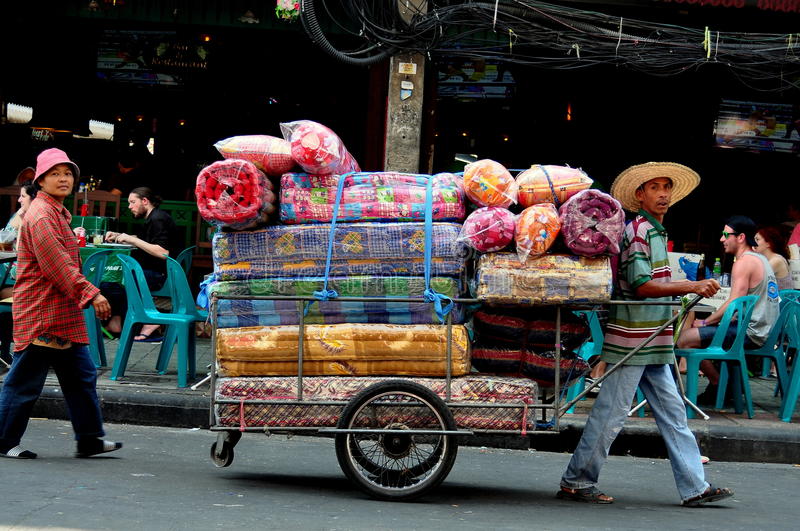
The reason not to buy a used mattress is pretty obvious, but also pretty small: bedbugs. Mattresses are a common breeding ground for bedbugs, and they can spread from there to other areas of the home, like rugs, clothing and furniture. Worst of all, because they are often hidden and only respond to a warm body, you could pick up a mattress that’s infested and not realize it.
Smartphones
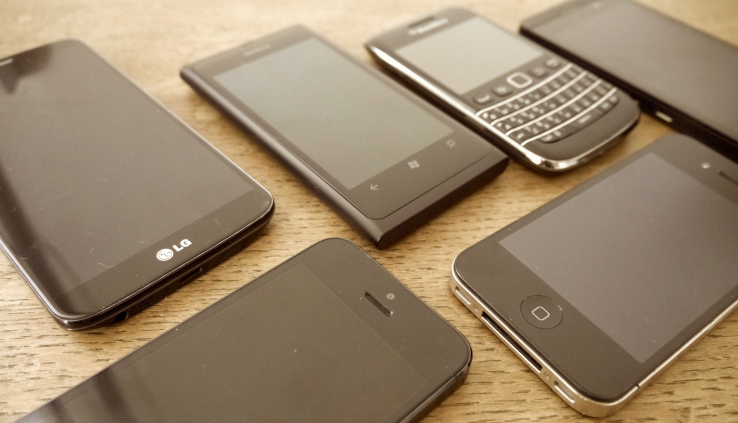
If you don’t know the person selling you the smartphone, it’s possible that it could be stolen. If it was, you may not be able to use it at all, if the phone is locked. (Plus, you may be benefitting from someone else’s bad fortune.) Unless you’re an electronics expert who knows how to find out if a phone is stolen, buy a phone new or from someone you know personally.
Knives and blenders
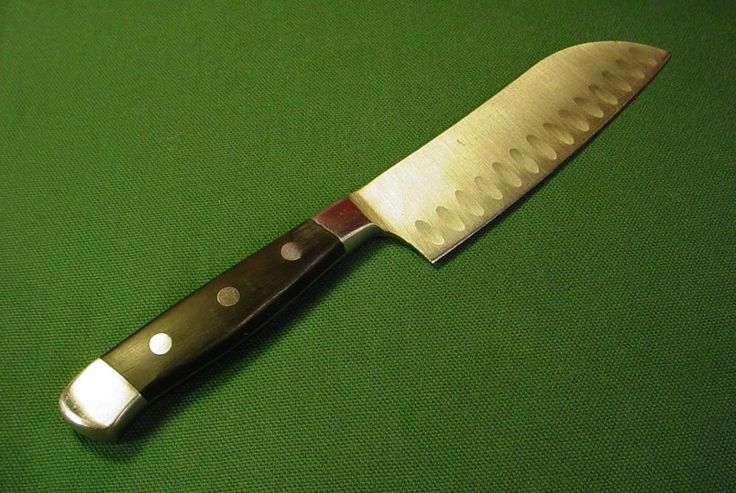
It can be difficult to test the sharpness of knives and blenders without using them, and you may end up with dull blades that can’t be brought back to life. Plus, it’s possible the previous owner didn’t clean them correctly, or used a cleaning agent that made the metal less durable. If you find a secondhand knife or blender, think twice before you buy it.
Toy chests without a safety hinge
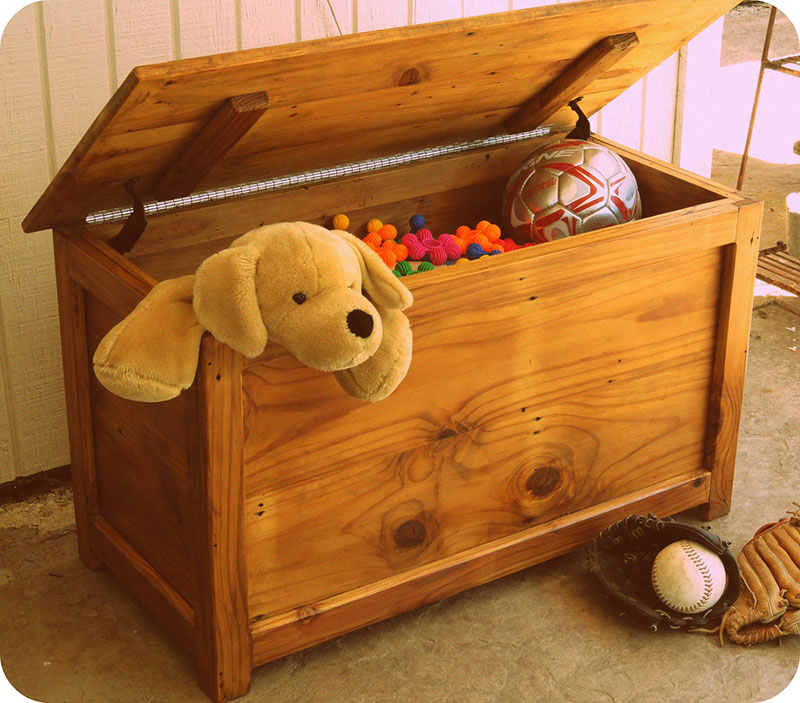
Toy box safety has come a long way, and it’s likely old toy chests could be dangerous. Small children can get trapped inside toy boxes, or heavy lids can fall on children’s heads and fingers. If you do buy a toy chest that has a hinged lid, put one on yourself, suggests HealthyChildren.org, a safety website sponsored by the American Academy of Pediatrics. Another solution: removing the lid.
Anything that might have lead paint
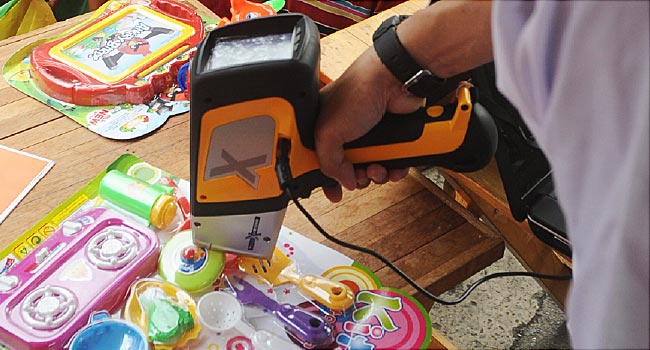
Antiques can be charming and, possibly, dangerous. Be careful when buying furniture or old toys that might contain lead paint, especially if you have children who might lick or chew on them. Lead-based paint was banned from homes in 1978, but it’s possible old toys, furniture or other antique objects could have been painted before that date.
Toys that have been recalled
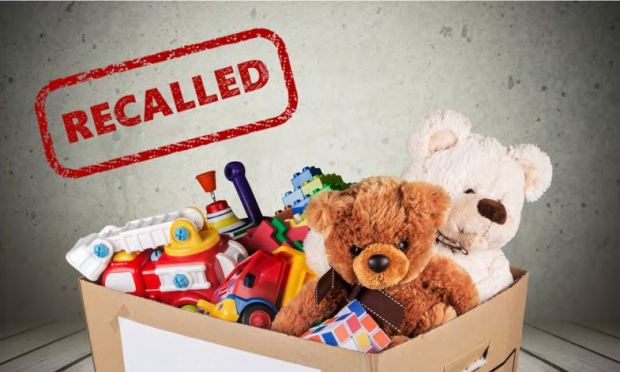
Don’t snap up any cheap toy you might find at a thrift store or garage sale: They may have been recalled for being unsafe for kids. Safety experts advise looking out for small parts a child might accidentally swallow. You can verify which toys have been recalled by reviewing lists such as this, from the nonprofit U.S. PIRG Education Fund, a consumer group.


















